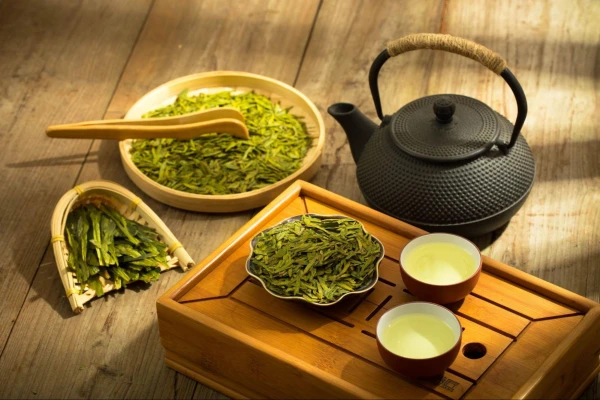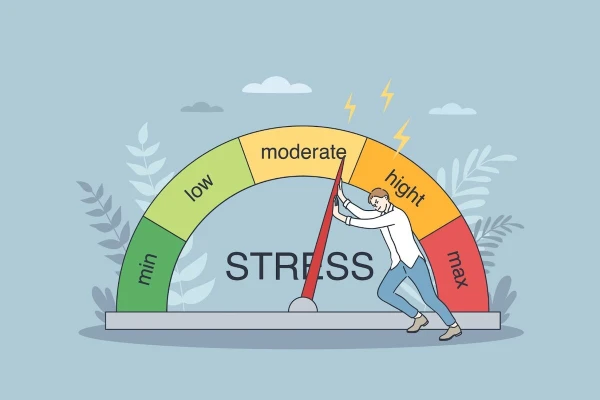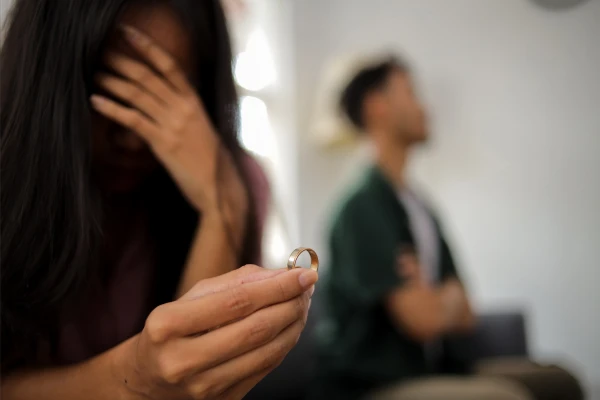
Green tea is safe to consume in moderate amounts.
Green tea is rich in antioxidants that may help reduce inflammation and protect against chronic health issues; however, it contains caffeine, which can lead to side effects when consumed excessively. Therefore, the publication verywell health has identified six drawbacks of overconsumption of this beverage.
Gastrointestinal Discomfort
Most people can consume green tea without any side effects, but taking supplements with green tea extract may lead to:
-
stomach upset;
-
nausea;
-
constipation.
Increased Blood Pressure
Green tea is safe to consume in moderate amounts as it contains caffeine. According to researchers, consuming 400 mg of caffeine a day can cause several side effects, namely:
-
hypertension (increased blood pressure);
-
rapid heartbeat;
-
headaches;
-
anxiety;
-
sleep problems.
Sleep Issues
Consuming a large amount of caffeine can affect sleep quality, so it is advisable to avoid drinking green tea before bedtime.
Reduced Iron Absorption
Green tea contains plant compounds known as catechins, which have strong antioxidant properties. Although catechins have several potential health benefits, they can affect the body's ability to absorb iron from food. This may lead to iron-deficiency anemia in individuals with low iron levels.
"If you have low iron levels, consult your doctor. Small amounts of green tea or consuming it between meals may still be safe," verywell health assured.
Liver Damage
Drinking green tea is considered safe for most people; however, it can sometimes cause liver damage in individuals with a certain gene variant.
"This complication is not common and usually occurs with supplements containing green tea extract rather than the green tea itself," the publication explained.
Therefore, if you are concerned about this risk or have a history of liver disease, consult your doctor.
Interaction with Medications
Consuming large amounts of green tea may interact with certain medications and drugs. This beverage also contains compounds that can lower the levels of medications in the blood, making them less effective.
Thus, researchers state that a large amount of green tea may affect:
-
beta-blockers;
-
anticoagulants;
-
cholesterol medications;
-
antidepressants;
-
osteoporosis medications.
"Consult your doctor before starting any new supplements. The compounds in green tea may interact with anticoagulants, increasing the risk of bleeding," verywell health added.











